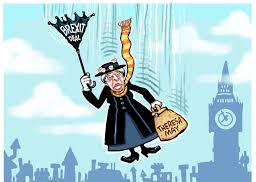YOUR SURVIVE KIT ABOUT BREXIT
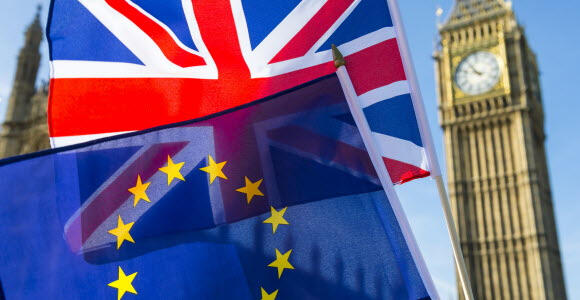
THE UK AND THE EU, A LONG (LOVE) STORY ENDED BY BREXIT?
Brexit alludes to the exit of the United Kingdom (UK) from the European Union (EU), it is a portmanteau word for British and Exit.
The United Kingdom first joined the EU on the 1st of January 1973, it was one of the latecomers along with the Republic of Ireland and Denmark.
Actually, the UK didn’t want to join the EEC (European Economic Community, the old name of the EU) in the first place, from its point of view, the EEC would damage its links with the Commonwealth and it wanted to carry on with a “one-world economic system”. When the UK joined the EU in 1973, it had to accept elements that were controversial for some British voters.
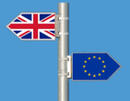
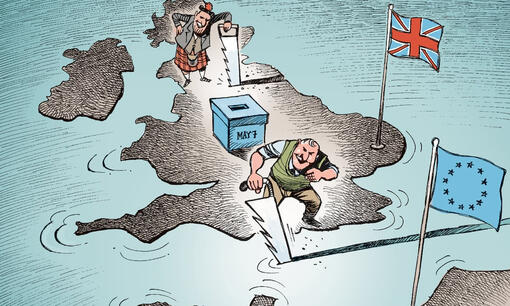
Nevertheless, almost 40 years later, many UK citizens want to leave the EU, unlike others.
That is why, Brexit often sparks controversy in the UK, between people for and against Brexit.
As you may deduce, Brexit not only allegedly ended the relationship between the UK and the EU, but it also revealed a un-united kingdom.
WHY DO SOME UK CITIZENS WANT TO LEAVE THE EU?
The UK decided if it wants to leave the EU or not, but why do many UK citizens want to leave the EU in the first place?
Well, most of the leavers (people who support Brexit) voted this way for many reasons. There is a lot of different arguments for Brexit but the most important ones are :
the fact that the EU apparently threatens the British sovereignty by releasing various treaties that endanger the sovereignty's power.
the immigration policies of the EU; they are described as too permissive.
the EU is also depicted as a money pit that requires too much money from the UK (fees,taxes).

Moreover, David Cameron, former Prime Minister of the UK (elected in 2011), stated that if he was reelected in 2015, he would negotiate the UK and EU's relations in terms of economy and immigration.
Because of those reasons, a national referendum was held on the 23rd of June 2016 in which it was asked if the UK should either leave or stay in the EU.
THE UK IS OFFICIALLY LEAVING THE EU IN 2016,2017,2018,2019...2020?
After the referendum, it was revealed that the UK would leave the EU. Brexit was originally due to happen on the 29th of March 2019, however, it was delayed for a long time. Indeed, Theresa May (Prime Minister after Cameron) was trying to negotiate a deal to leave the Irish borders open (as it is today) for a long time, but her deal was rejected numerous times.
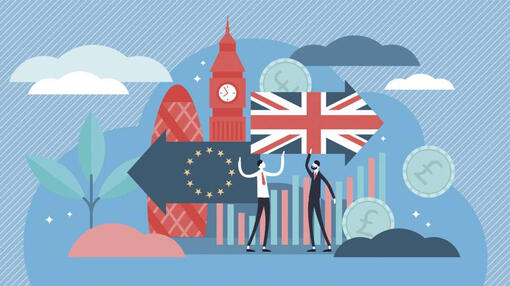

She then resigned as prime minister and Boris Johnson replaced her. He negotiated a free trade deal that was accepted on the 20th of December 2019. Now, the UK formally left the EU on the 1st of January 2020 but is now in a transition period until the 31st of December 2020.
WHAT REPERCUSSIONS WILL BREXIT HAVE?
As we can guess, Brexit will obviously have heavy consequences, economy-wise and of course, in terms of bonds with other countries :
for the UK, Brexit most likely means tariffs rise, travel and communication may become more expensive, UK will have to pay billions of euros to EU and it could lose Scotland as it may want to join the EU.
for the EU, Brexit may have strenghtened the anti-immigration thoughts in the EU and it may have led to some countries having the thought of leaving the EU.
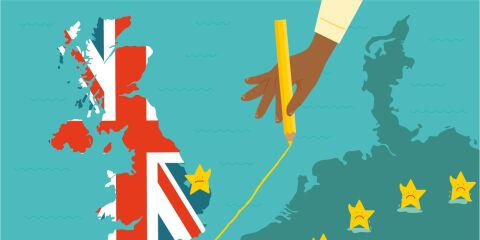
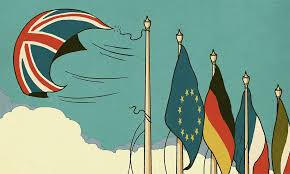
HERE IS A LITTLE SUMMARY OF BREXIT, AS A TIMELINE
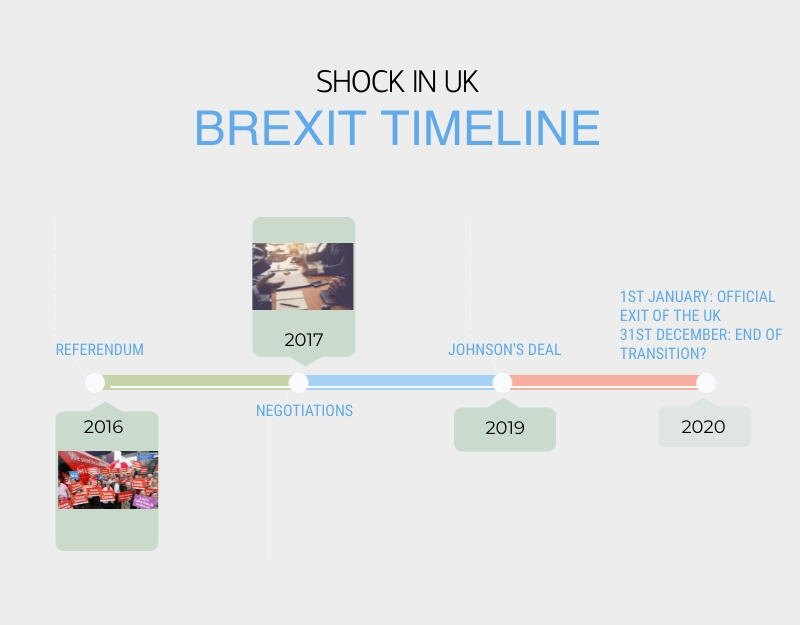
AND HOW DO PEOPLE FEEL ABOUT IT?
Remainers and Leavers obviously don't get along very well due to their point of view on Brexit; that's why some expressions popped up in the UK, for example, remainers are often called by the derogatory word "Remoaners" and Leavers are usually called "Brexiteers".
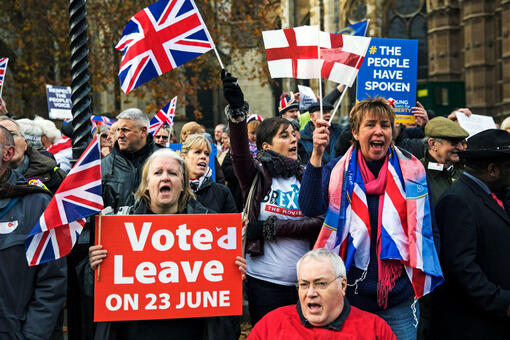
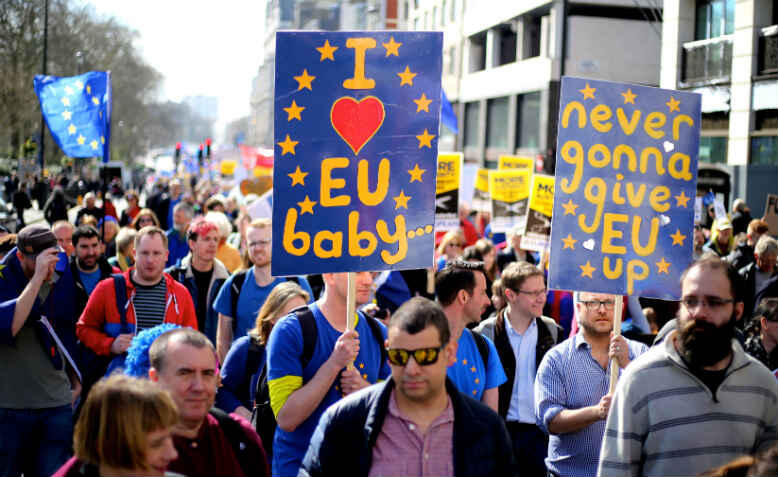
Most remainers are dissatisfied with the outcome of the referendum, and some of them even tried to launch campaigns for a second Brexit referendum. In spite of the many attempts, no official second Brexit referendum was held.
ARE ALL STATES VOTING THE SAME THOUGH?
Just like UK citizens, some states and cities in the UK do not approve of Brexit. As a matter of fact, Scotland and Northern Ireland were mostly anti-Brexit (as you can see on the map), they most likely have more plans in the EU than out of it. Something that is more surprising, is that London and Cardiff, two capital cities in the UK voted to remain in the EU. In fact, these ctities have a lot of international businesses and especially a lot of foreign students, that need the EU to finance their studies in those cities. The exit of the EU shackles London and Cariff's businesses greatly.
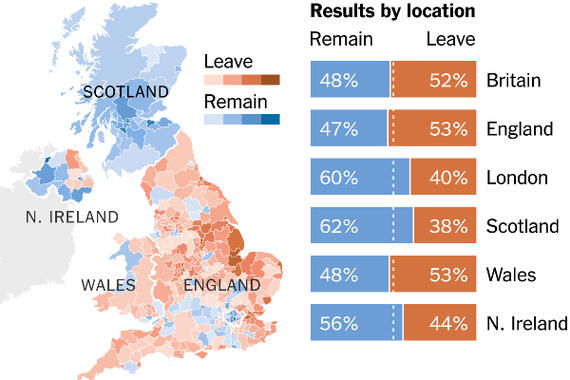
WHAT'S NEW NOW? THE UK AND THE EU NEGOTIATING ANOTHER DEAL?
The United Kingdom and the EU are now negotiating their post-Brexit bonds in terms of economy but it seems that both can't find a middle ground. Brussels (capital city of the EU) is accused of making the negociations "unecesserarily difficult". The latest news are that, both the EU and the UK will allow the trade deal negociations to continue past the deadline but it is said that both parties still remain far apart in the negociations.

We hope this survive kit helped you understand Brexit's situation better and that you can now explain Brexit to someone without even looking on the internet!
